

As the International Labour Conference (ILC) opens its discussion on decent work in the platform economy, trade unions across Asia and the Pacific are demanding bold and urgent action to end the systemic denial of rights of platform workers.
“Millions of workers across our region are trapped in employment models that deny them rights, protection, and dignity,” said Shoya Yoshida, General Secretary of ITUC-Asia Pacific. “Our message in this ILC is clear: platform workers must be recognised as workers, protected by rights, and guaranteed a future where work means dignity — not disposability. Adopting an International Labour Organization (ILO) Convention is a necessary first step to transform the lived realities of platform workers.”
Trade unions across Asia and the Pacific warn that platform workers in ride-hailing, delivery, care, and domestic services continue to face algorithmic control that drives unsafe working conditions, unpaid waiting hours, and arbitrary suspensions. They also highlight that women workers – although essential to care work – are often invisible and excluded from platform economy discussions.
.png)
While countries in the region like Singapore and parts of India have taken initial steps, most governments fail to regulate the platform economy and protect the rights of platform workers.
Asia-Pacific trade unions strongly support the Workers’ Group demand for a binding Convention, backed by a Recommendation. They urge governments and employers to support a new binding convention that aims to:
Trade unions at the ILC raised alarms about proposed loopholes and vague language that risk watering down workers’ protection in the proposed new standards.
“Regulation must be built on justice and equality — not on corporate definitions of ‘flexibility’ or ‘efficiency’,” Shoya Yoshida said.
Trade unions in the region have long been organising platform workers, advocating policy reforms, and pursuing legal challenges. However, they note that the transnational nature of platform companies – designed to bypass regulation – limits the impact of country-level reforms. A coordinated international framework, they argue, is essential to ensure accountability.
“Without global standards, platform companies will continue to exploit regulatory gaps between countries,” said Shoya Yoshida. “This is why we are urging the ILO to adopt a Convention that sets clear, enforceable rights for all platform workers.”
The position of trade unions from Asia-Pacific builds on outcomes of the Pre-ILC Meeting held on 25 March 2025 in Manila, organised with support from the Temasek Foundation. The meeting brought together trade unions across the region to develop a shared agenda and strategy ahead of the ILC.


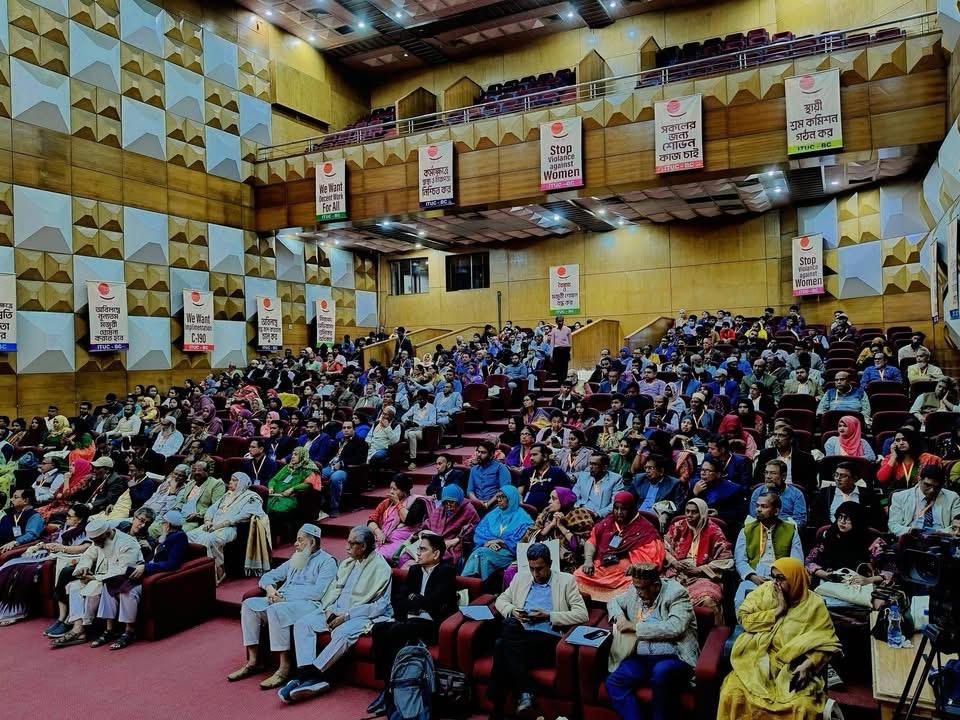





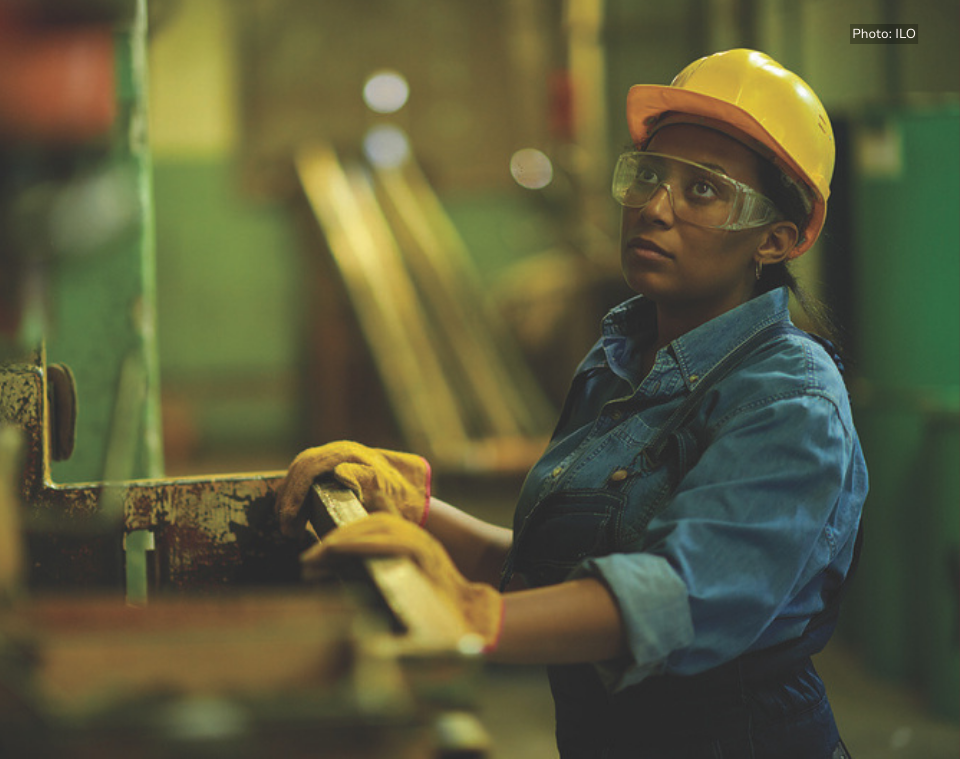





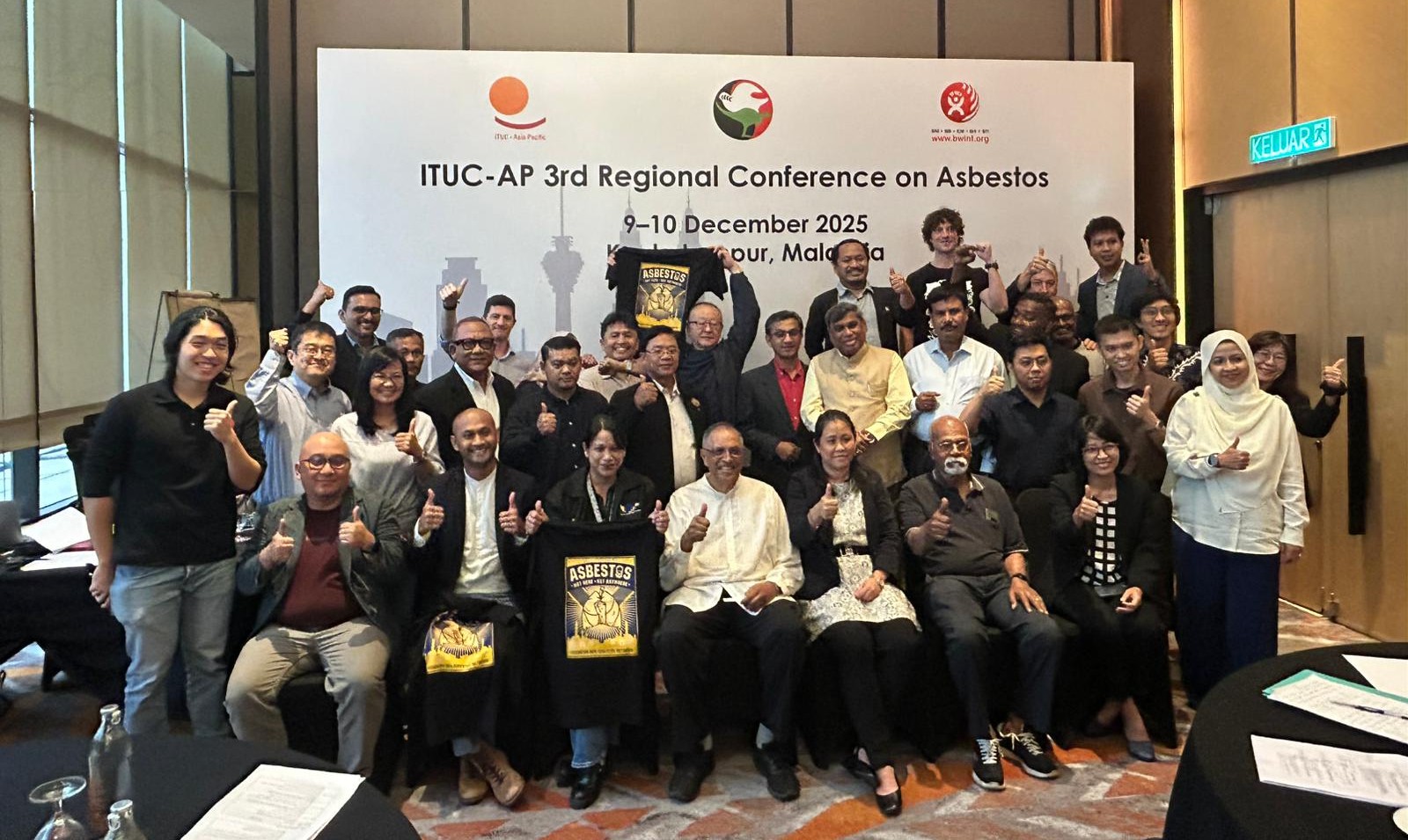





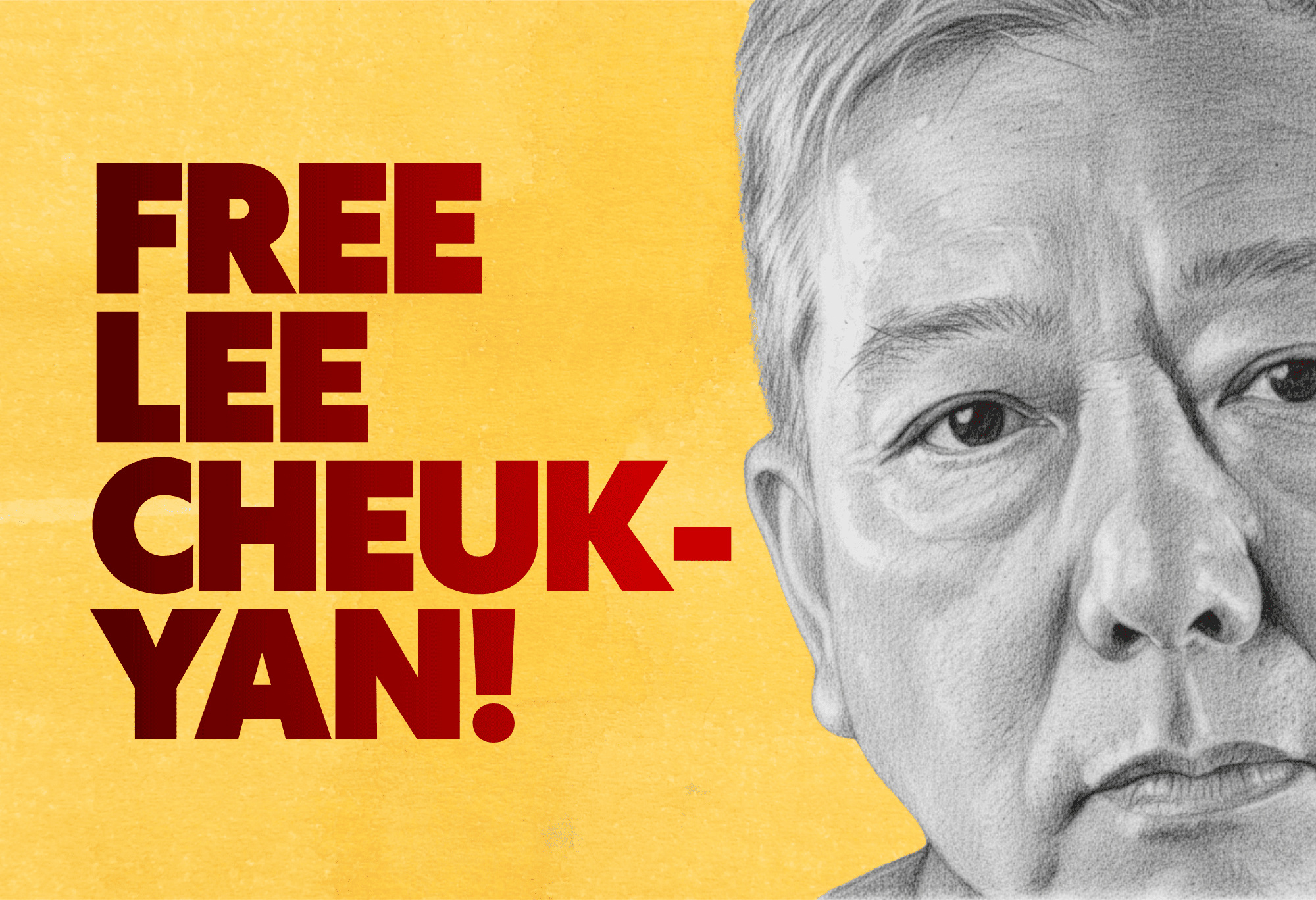





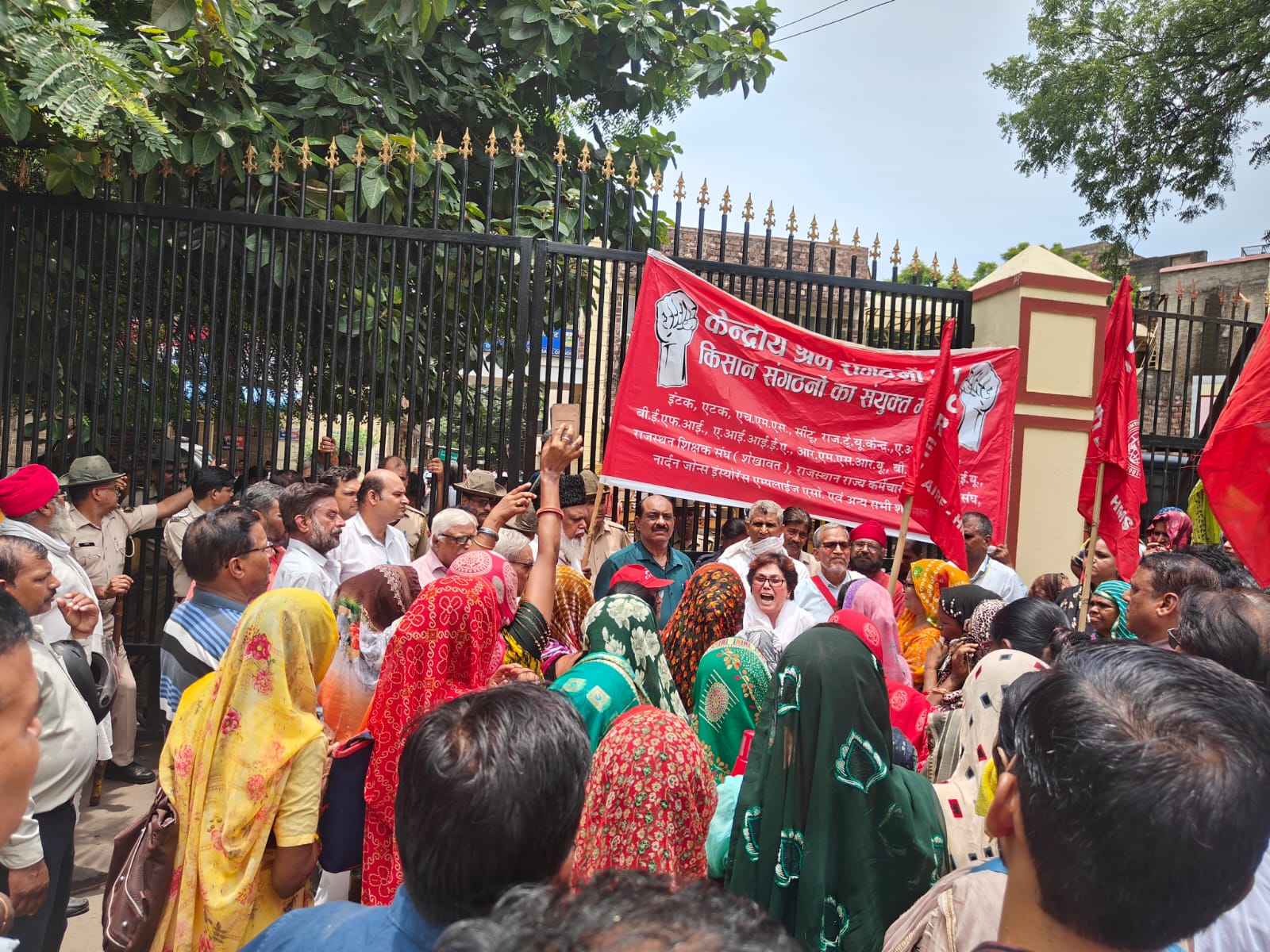





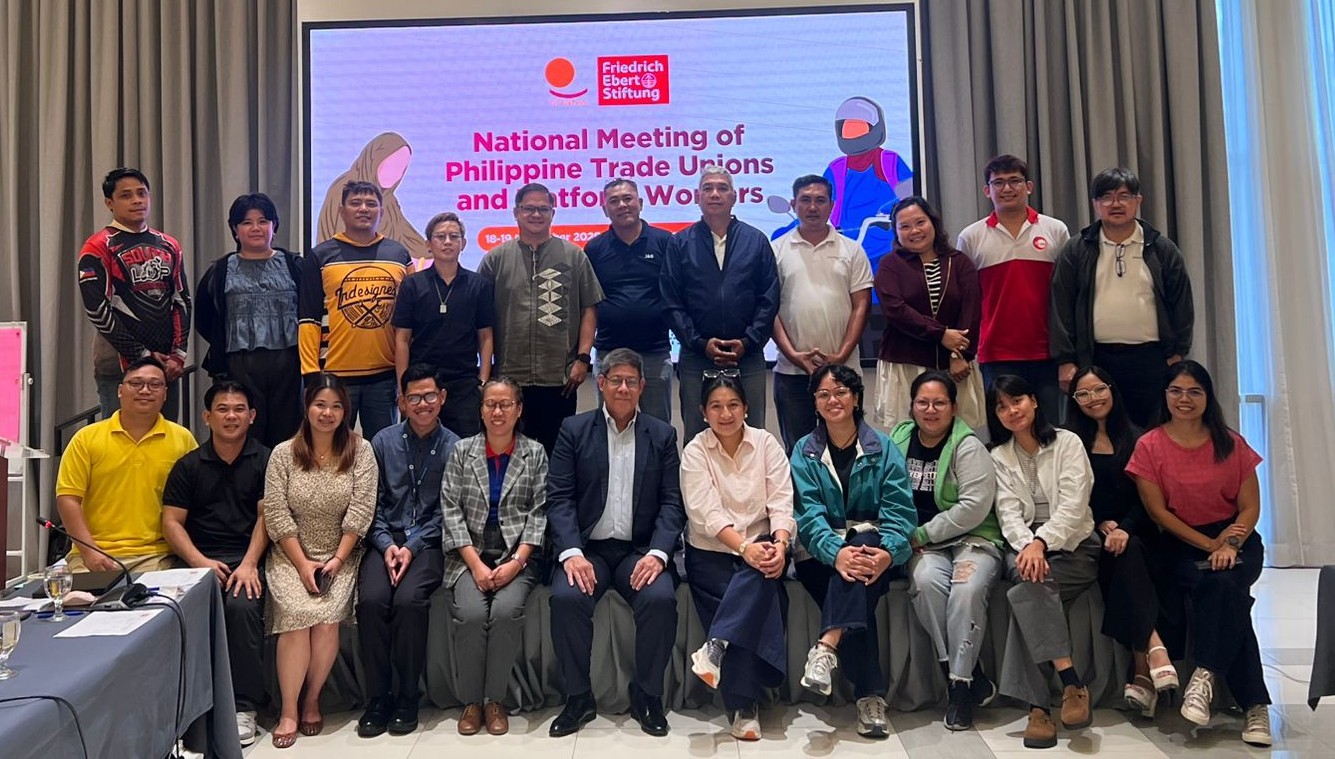





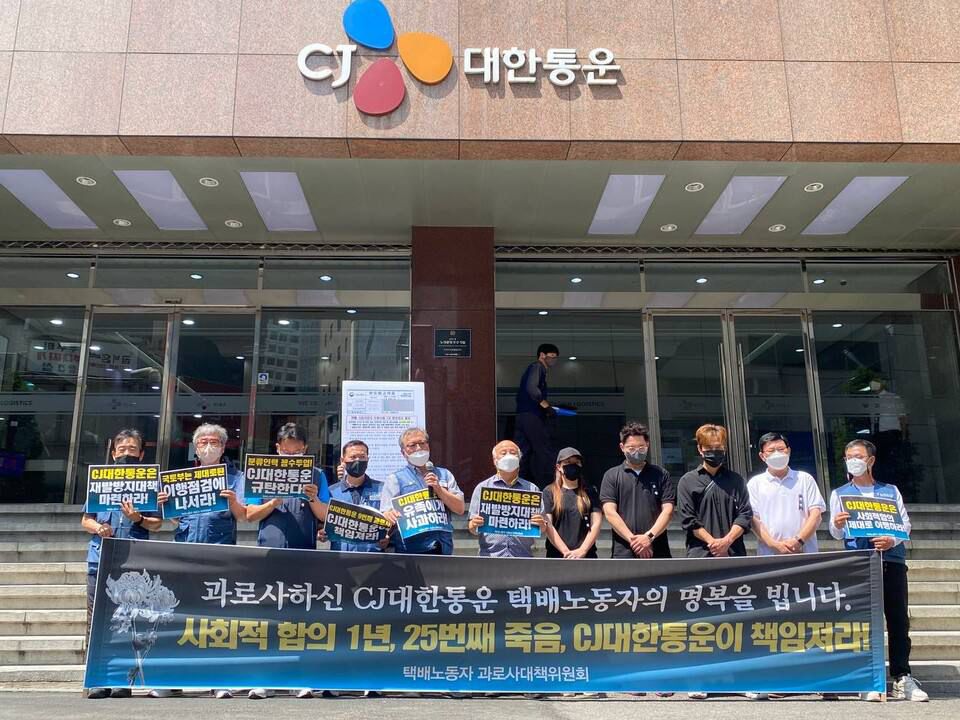





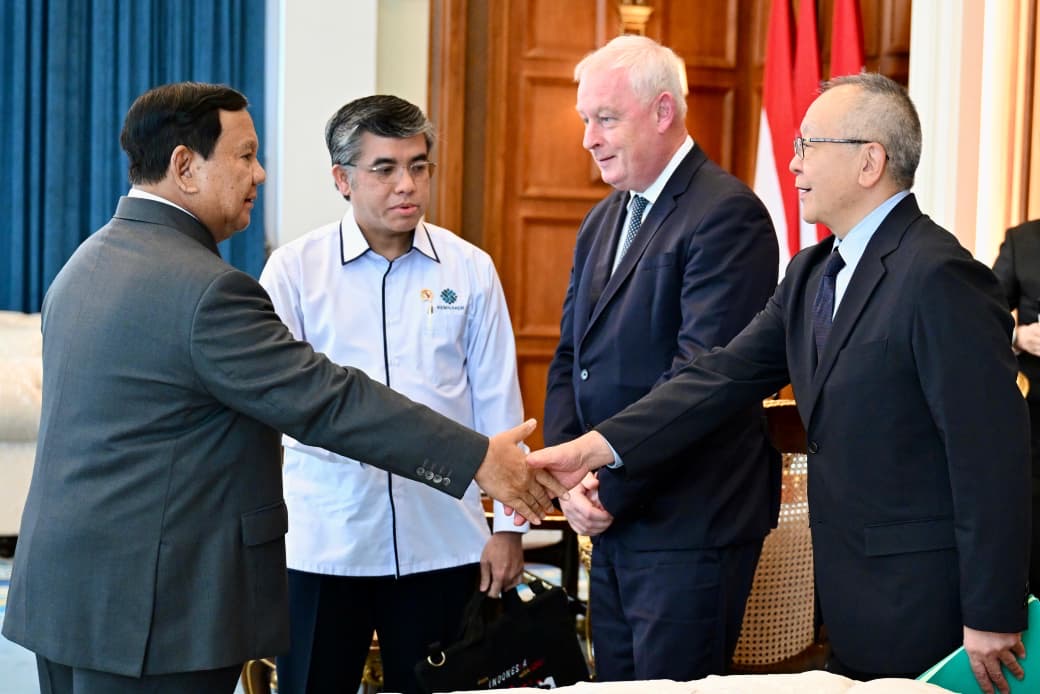





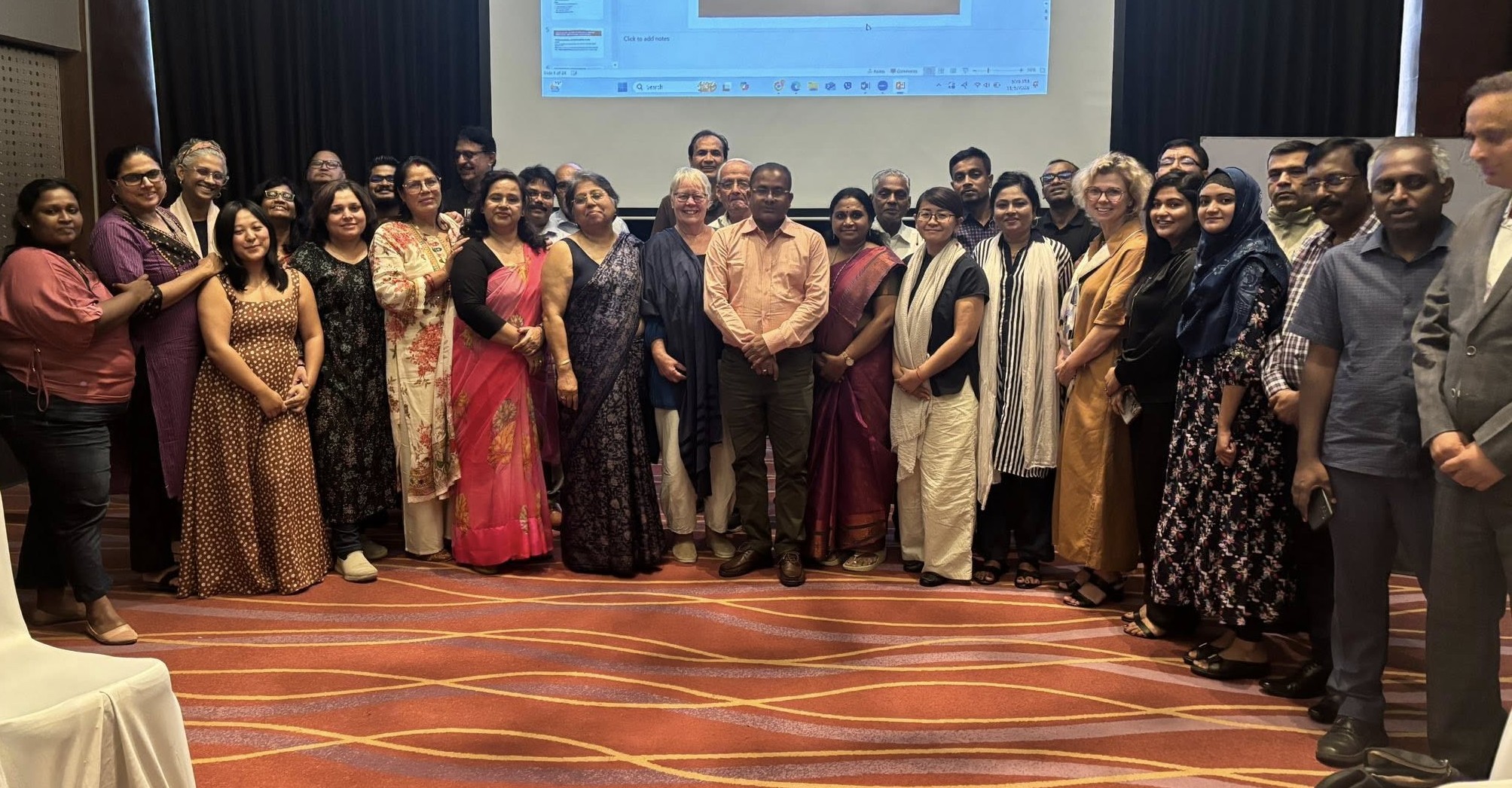





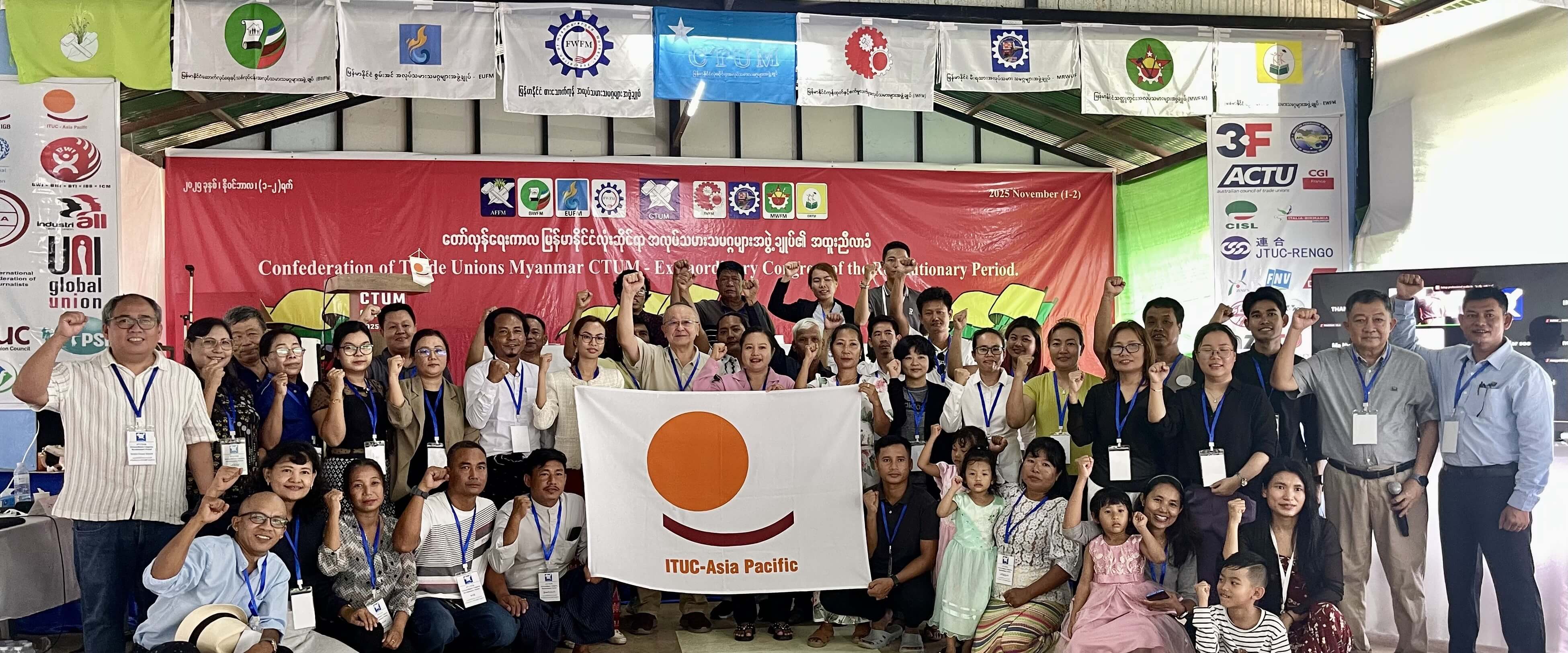





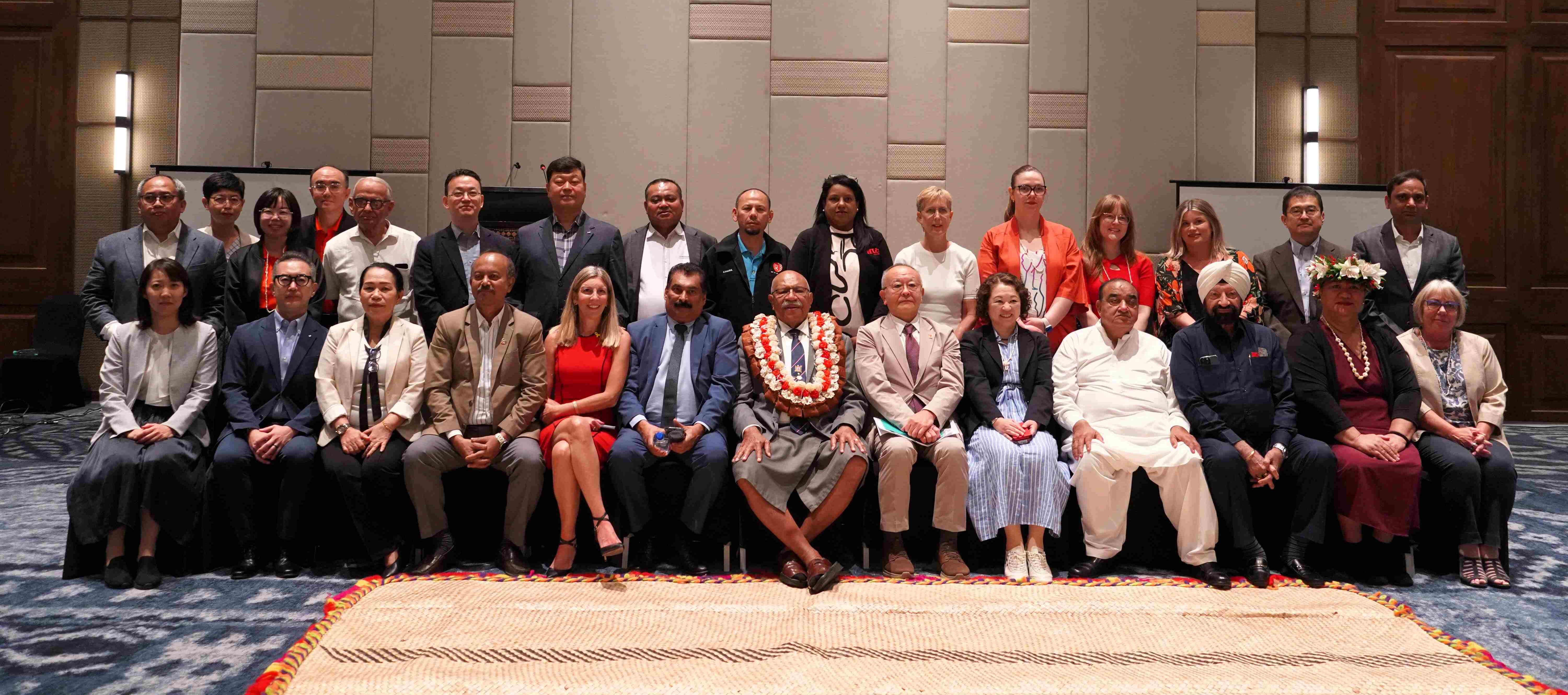





.jpg)


.jpg)














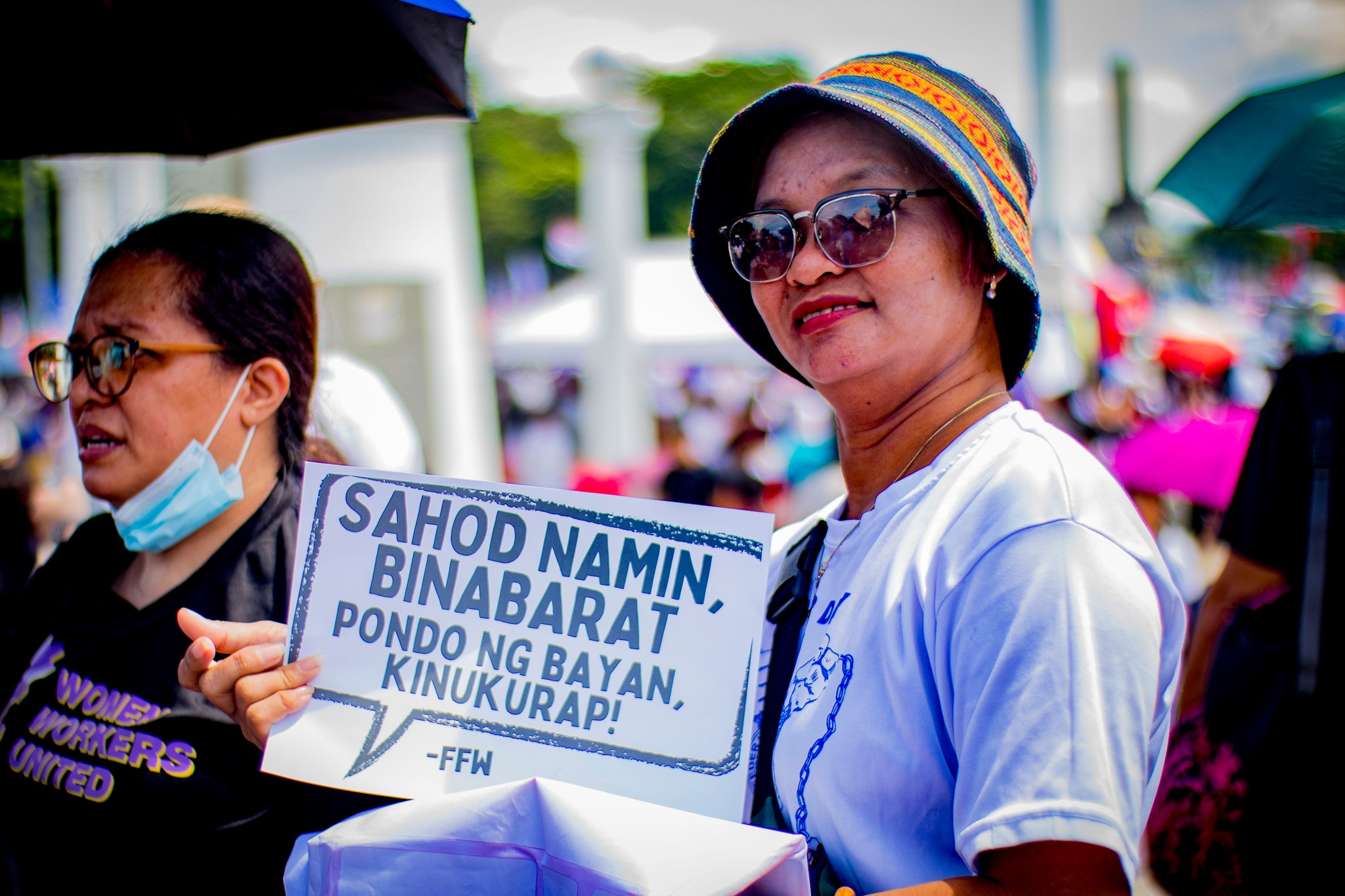





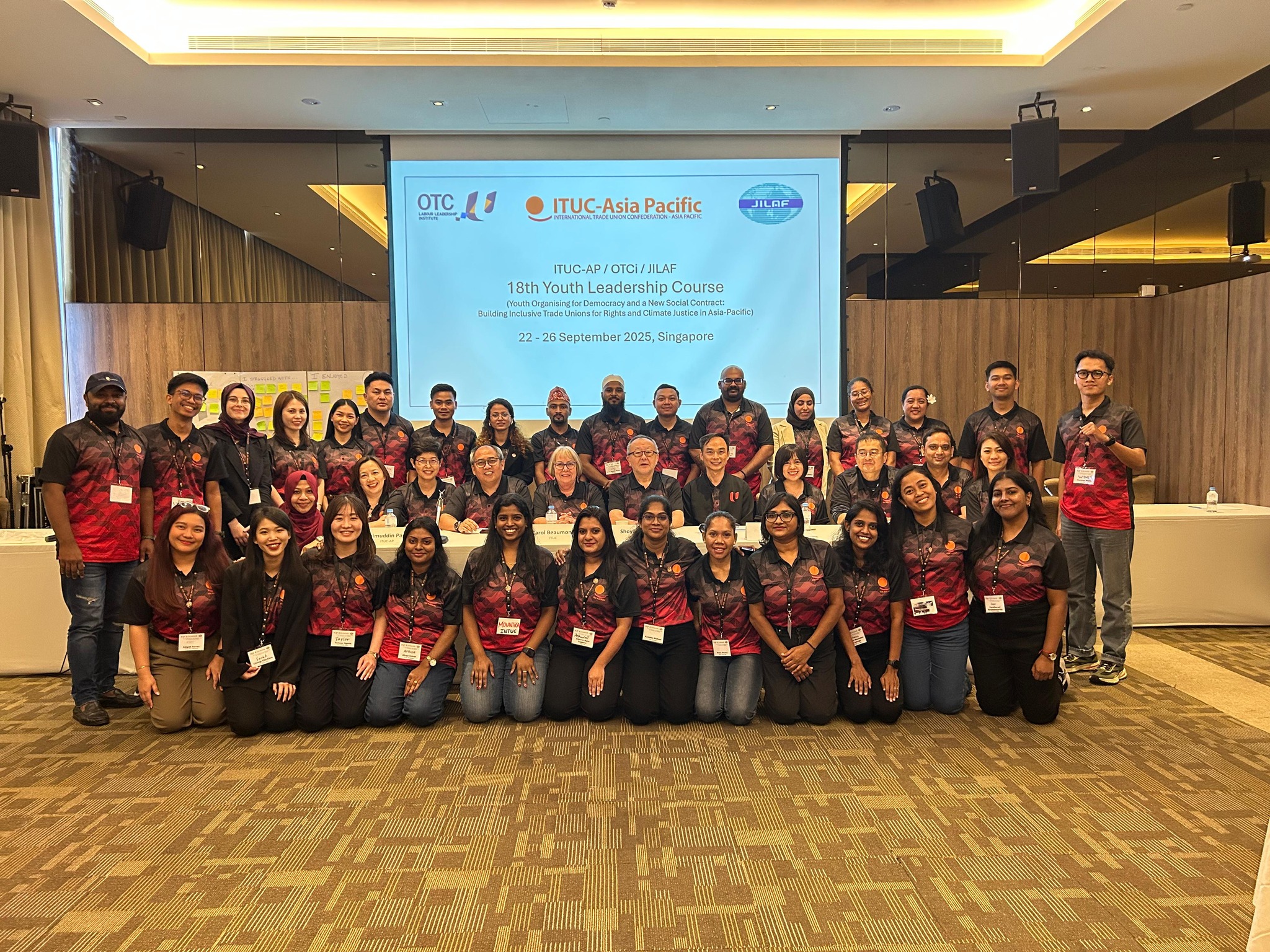





.png)


.png)








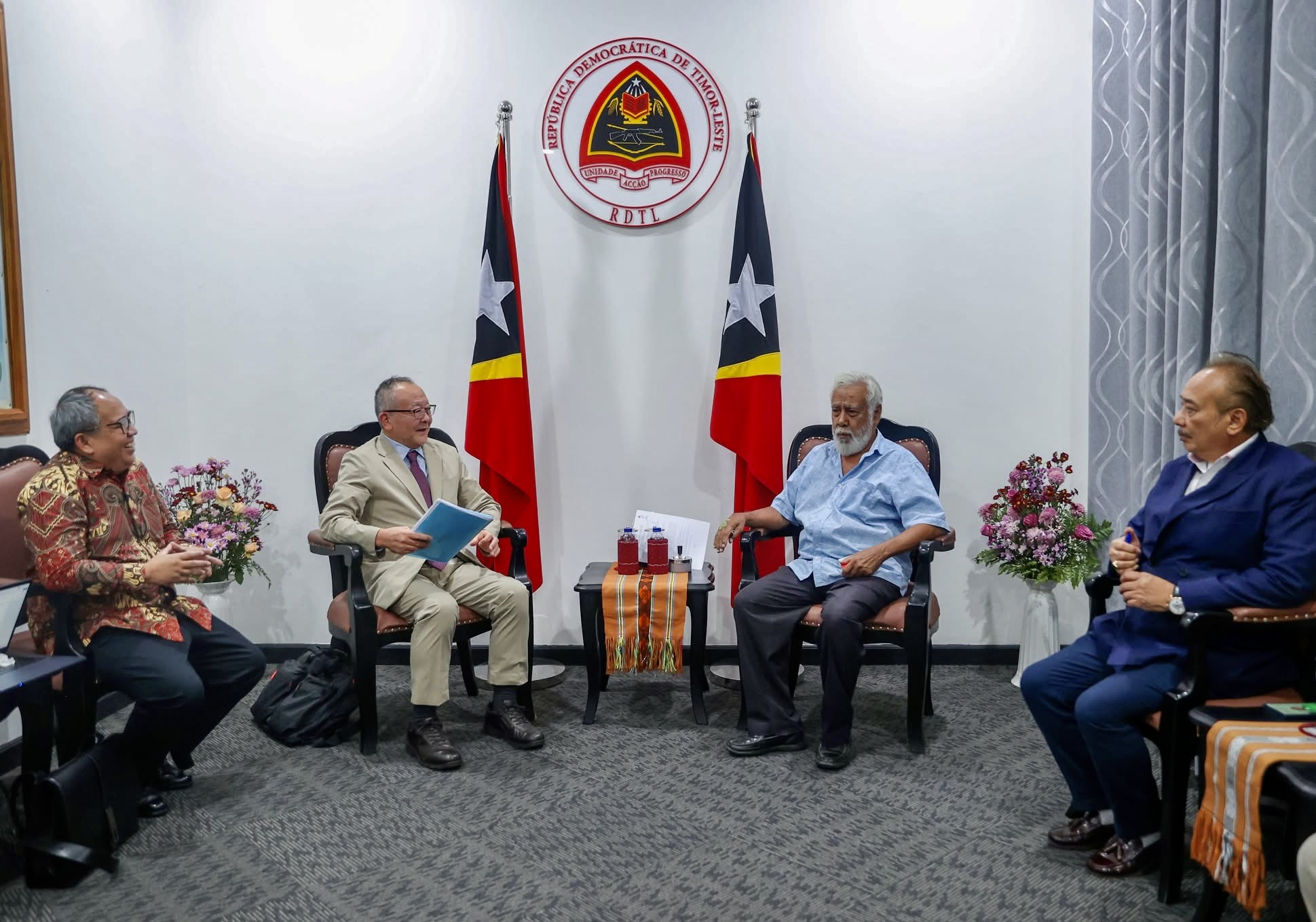





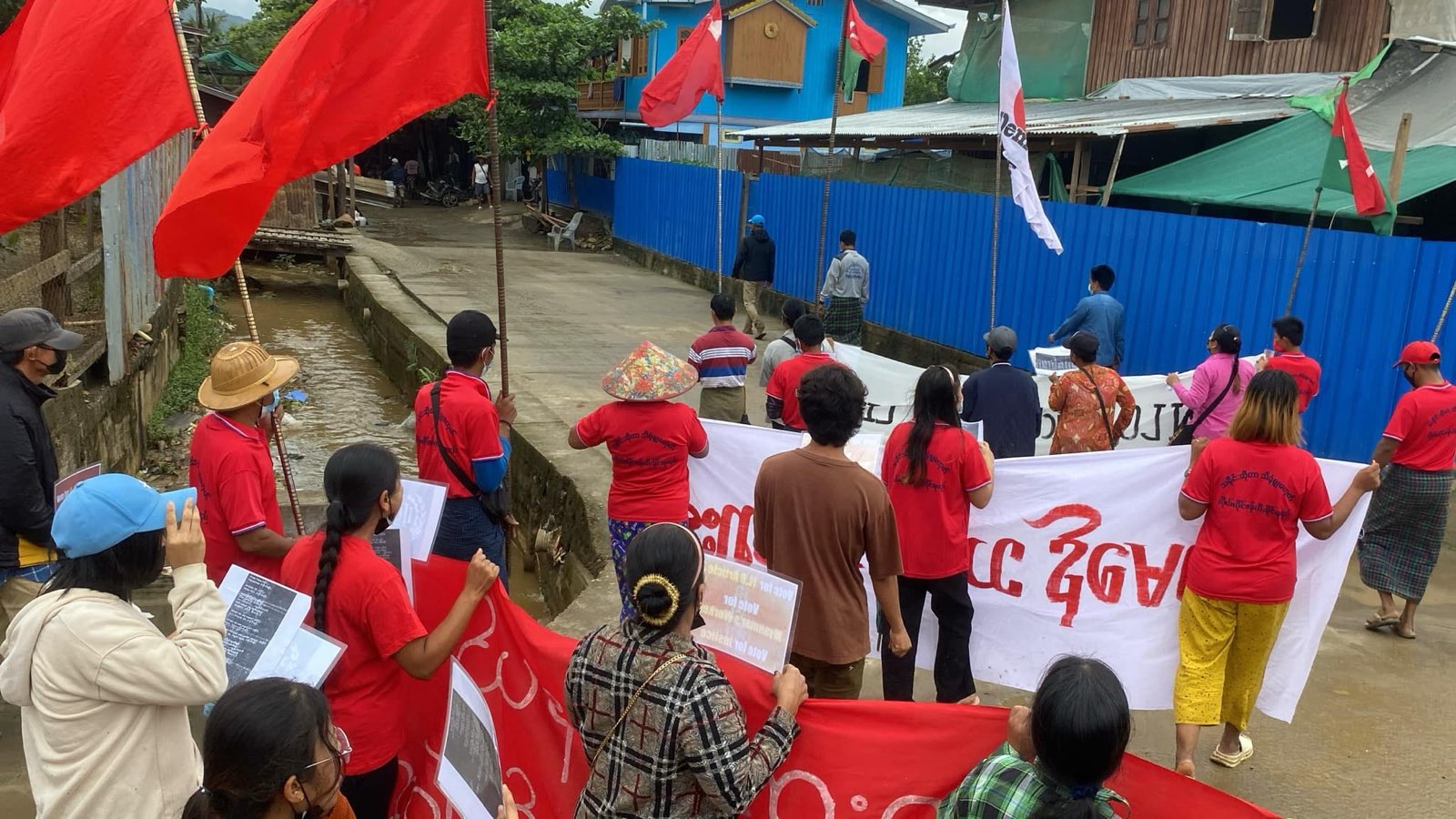





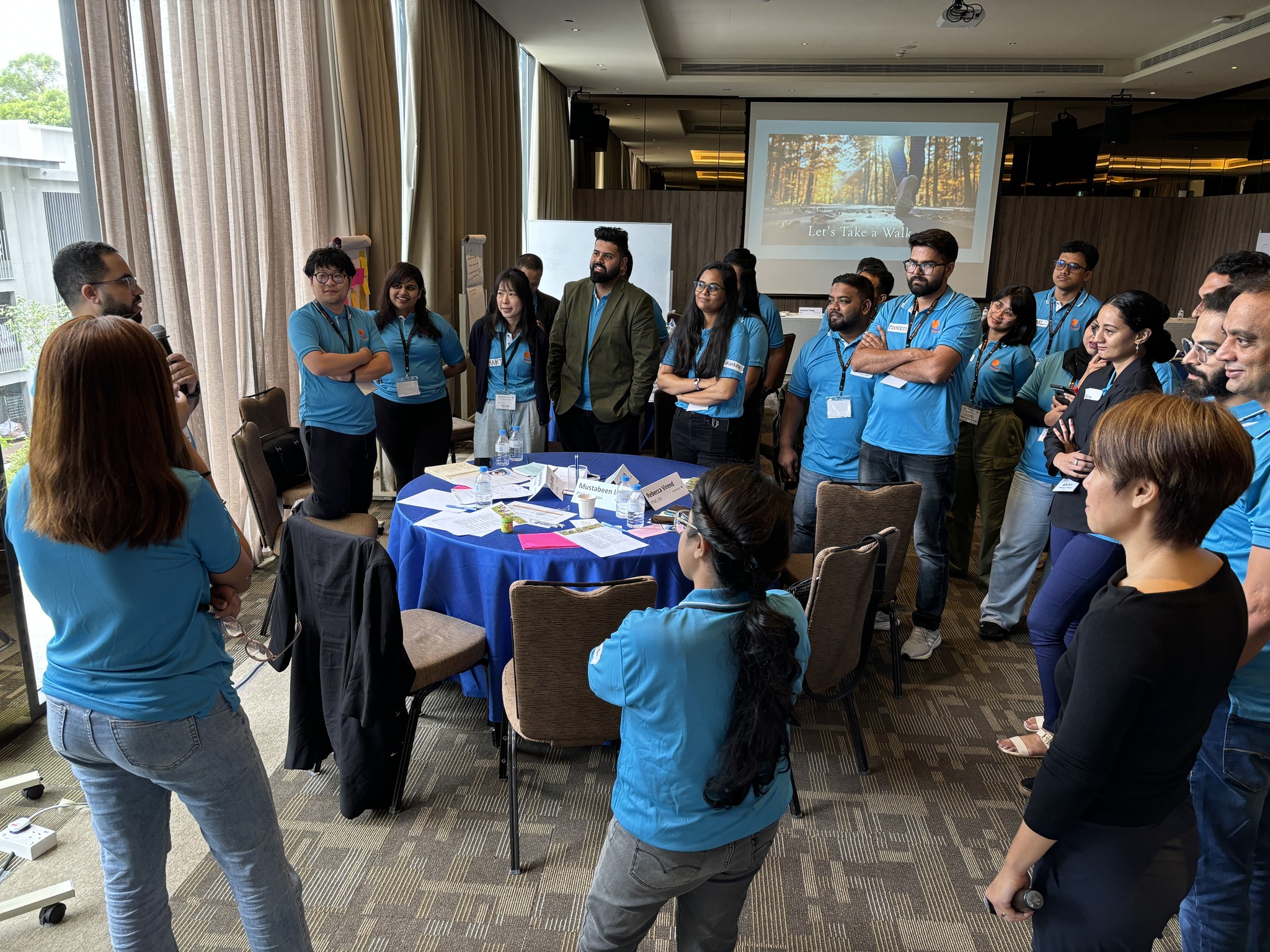





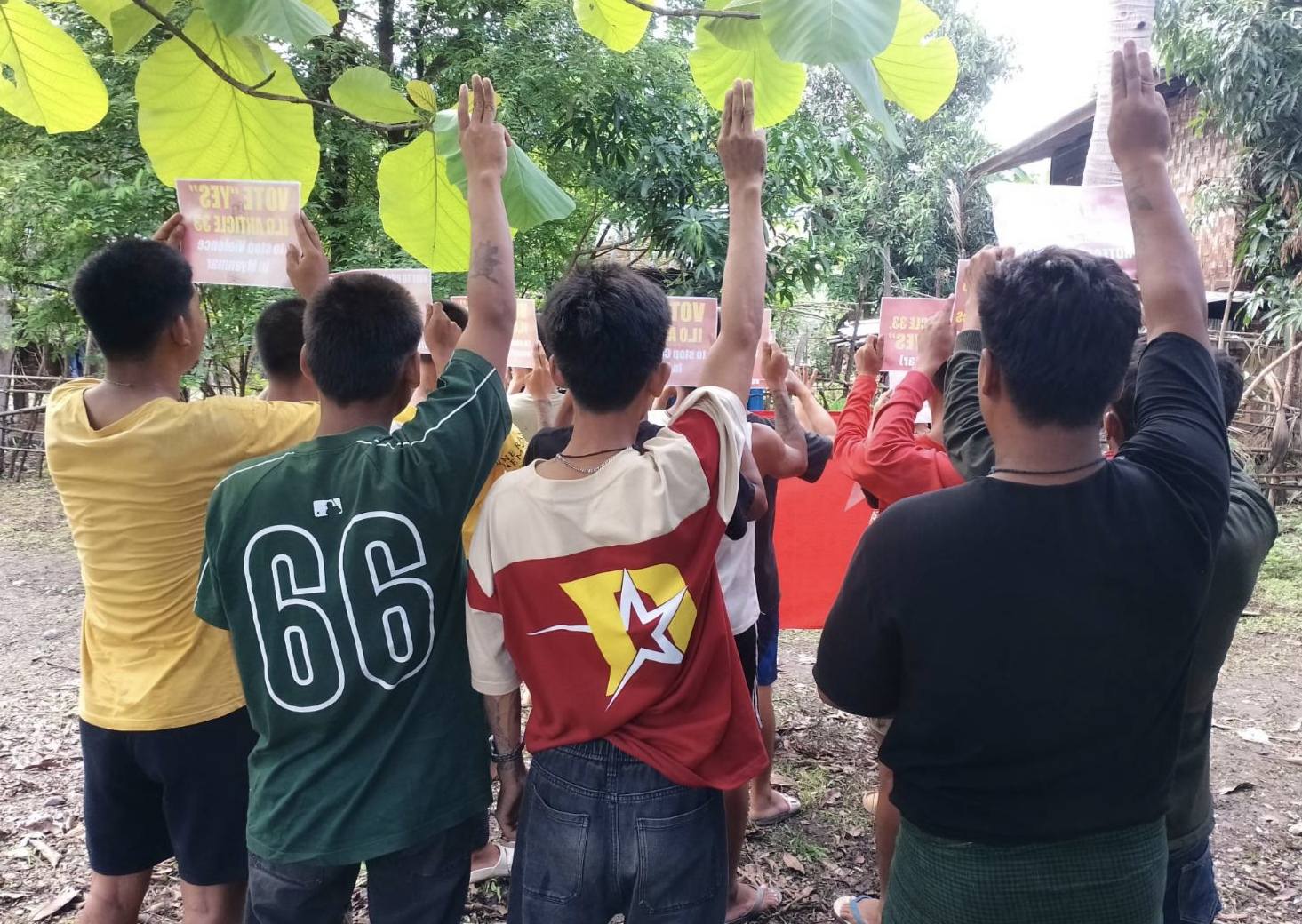





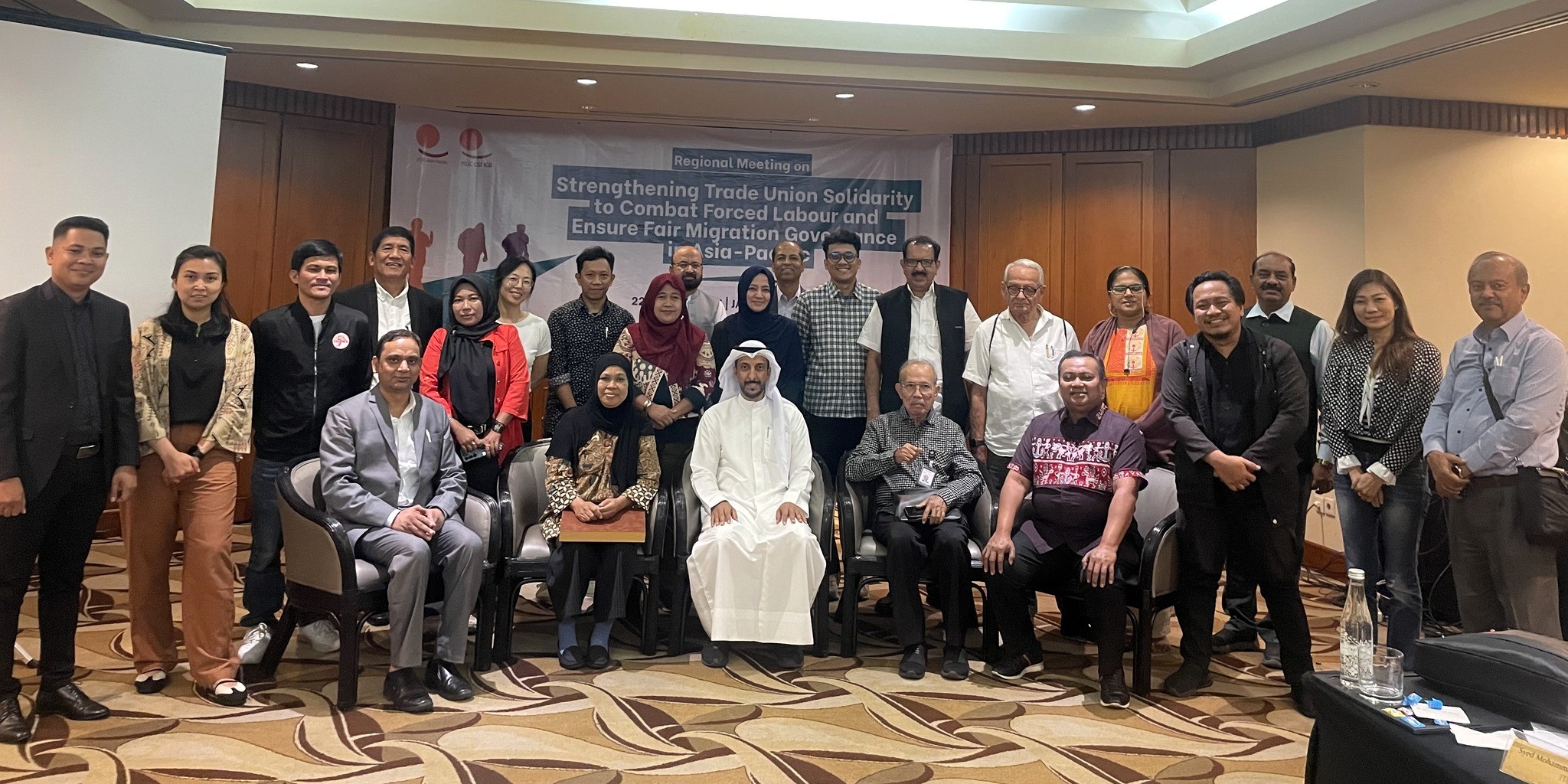























.png)


.png)




























































































































%20(1).png)


%20(1).png)
























.jpg)


.jpg)














































































.png)


.png)
























.png)


.png)














































































































.jpg)


.jpg)


























.png)


.png)


.png)


.png)

